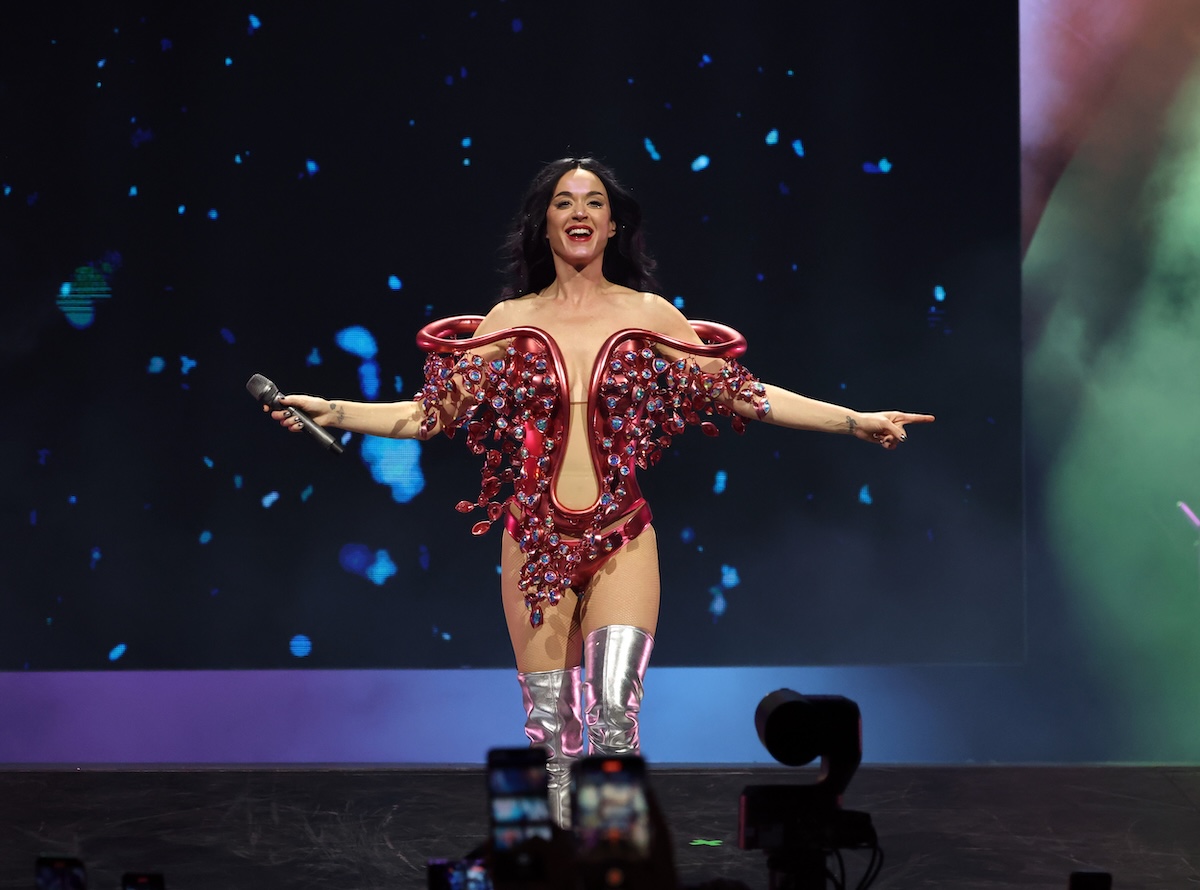
"Today's live music industry is at an inflection point. Global acts that once sold out stadiums in mere seconds, like Beyoncé and Katy Perry, are facing unexpected ticket sales challenges, such as sluggish demand. Beloved bands like the All-American Rejects are opting to play backyard gigs in the heart of their communities rather than traditional venues. These artists are most definitely not in decline, as they're all cultural icons with both global recognition and massive online audiences. So how is it that in an era of constant visibility, even the biggest names in music are finding it harder than ever to fill seats?"
"The disconnect has nothing to do with demand. It's about how artists reach their fans and how the platforms they rely on have quietly reshaped the artist-fan relationship. Visibility has never been higher, but connection has never felt thinner. Today's musicians are relying on borrowed platforms that weren't designed for them. The result is a system that strips them of control, weakens fan relationships, and leaves potential revenue on the table. It's time to rethink the artist-fan relationship, and not as a content stream but as a community. And it should be one that acts can truly own."
"The Broken Feedback Loop of Social Media Social media was sold as the great equalizer. Post the right thing and you could blow up overnight. In practice, it's created a race to the bottom where the loudest win and the most original often burn out. These platforms reward trend-chasing over creativity and consistency. Even the biggest creators have no access to their own fan data. They can't email them, text them, or reach them on demand. And when something actually matters, like selling a tour or moving merchandise, there's no guarantee the algorithm will come through and surface your posts."
Live music faces an inflection point as major acts experience sluggish ticket demand despite global recognition and large online followings. The problem stems from how artists reach fans: platforms prioritize visibility but undermine direct connection and control. Musicians depend on third-party social systems that reward trends, strip fan data access, and make outreach unreliable for critical commerce like ticket and merchandise sales. The current model weakens fan relationships and leaves revenue unrealized. Reimagining the artist-fan dynamic as an owned, community-centered relationship—rather than a content stream—can restore control, deepen connection, and unlock value.
Read at SPIN
Unable to calculate read time
Collection
[
|
...
]